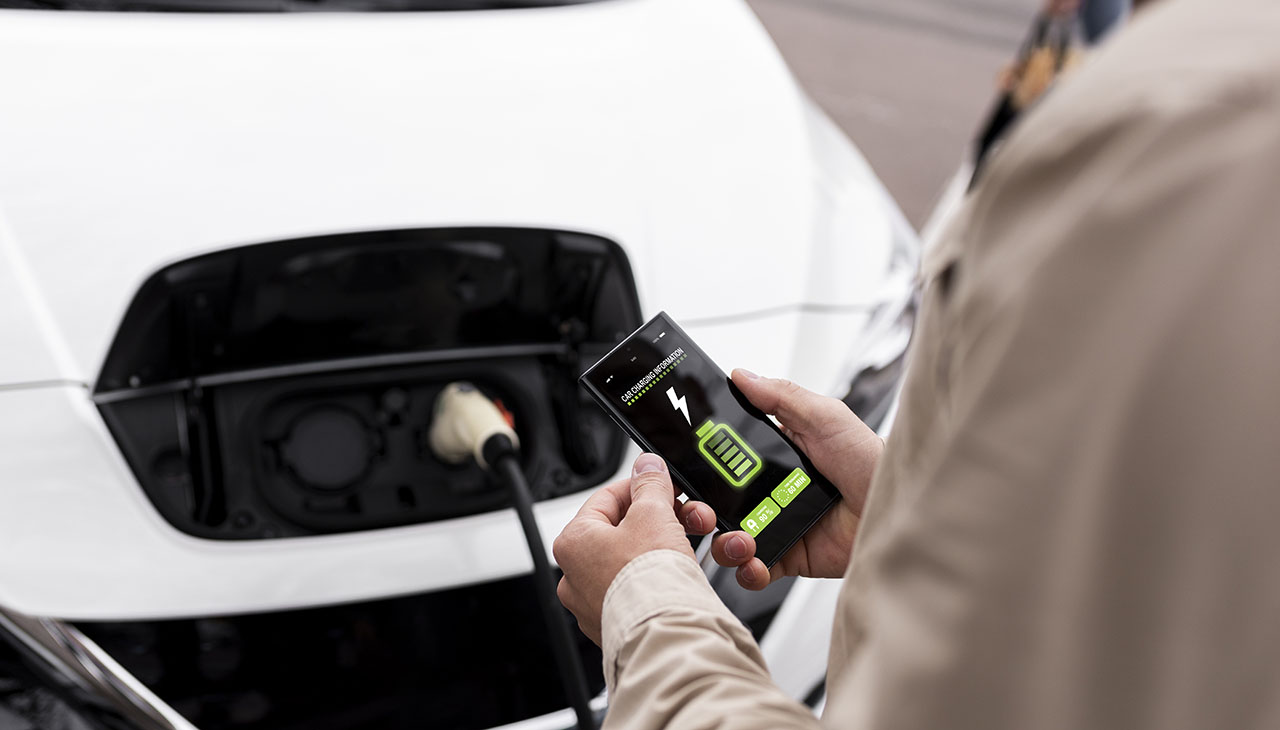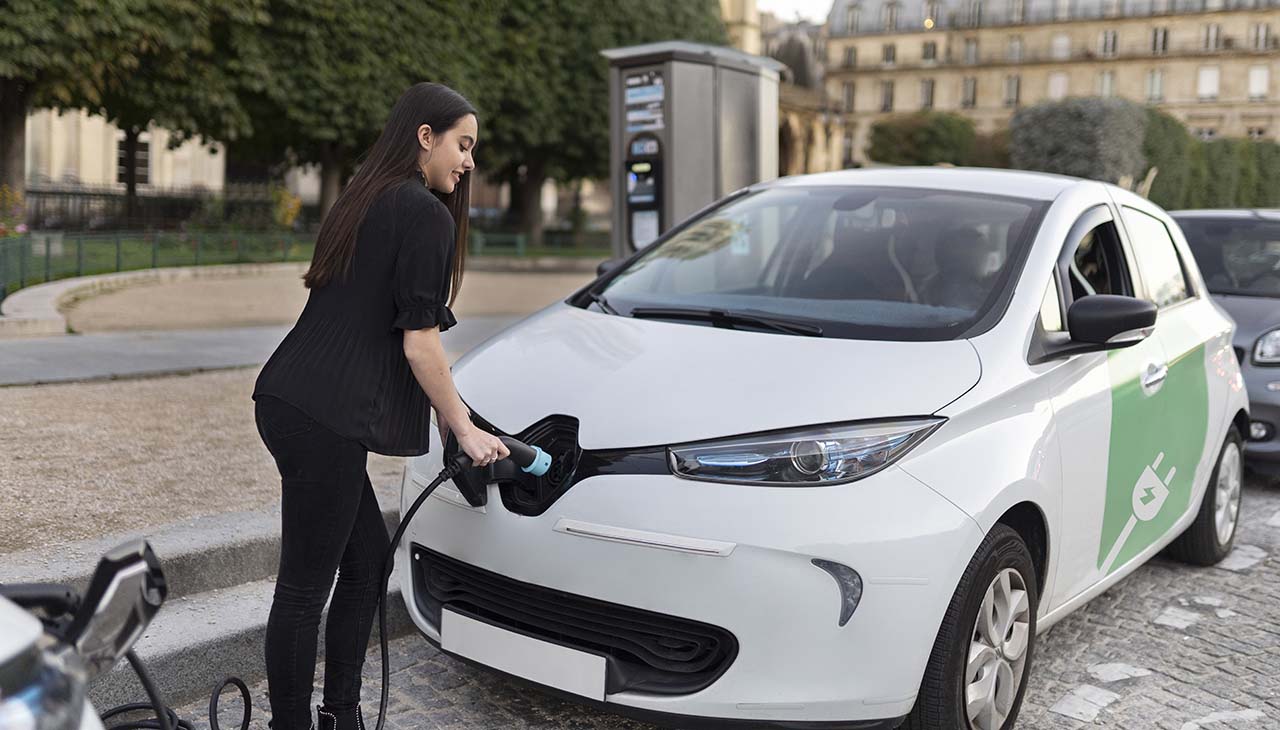Electric vehicles (EVs) are reshaping the transportation landscape, offering an eco-friendly alternative to conventional gas-powered cars. As their popularity surges, an understanding of EV repair processes is becoming increasingly important. This guide will delve into the intricacies of electric vehicle repair, equipping you with knowledge about common issues, repair costs, and preventive maintenance practices for your EV.
How Electric Vehicles Differ from Traditional Vehicles
Components Unique to Electric Vehicles
Electric vehicles consist of several unique components not found in traditional internal combustion engine vehicles. The key parts include the electric motor, battery pack, inverters, and regenerative braking system. The electric motor is the heart of an EV, replacing the conventional engine to convert electrical energy into mechanical energy. The battery pack stores the electricity used to power the motor, while inverters convert the direct current (DC) from the battery into alternating current (AC) for the motor. The regenerative braking system, on the other hand, allows the EV to recover and store energy during braking.
Different Maintenance Requirements
Unlike traditional vehicles, EVs don’t require oil changes, because there’s no oil used to lubricate an engine. This also eliminates the need for services such as oil filter changes. However, EVs have different maintenance requirements. For instance, battery health is paramount in EVs and may occasionally require servicing or replacement. Also, due to their heavy reliance on electronics, software updates are a common maintenance task for EVs. Finally, the unique braking system requires specialized care to maintain its energy recovery capabilities.
Common Electric Vehicle Repairs
Battery-Related Issues and Replacements
One of the most common issues in electric vehicles pertains to the battery. Like any rechargeable battery, the one in an EV has a finite lifespan and may degrade over time, leading to reduced range and performance. This can necessitate a battery replacement, which could be costly. However, many manufacturers provide long-term warranties on their batteries, mitigating the potential financial impact.
Motor and Powertrain Repairs
The electric motor and powertrain are pivotal components of an EV. Problems with the motor could manifest as reduced power output, unusual noise, or even complete failure. Though these repairs are generally less frequent than in a traditional vehicle, they can be complex and require specialized knowledge and tools.
Charging System Repairs
Faults in the EV charging system can also be a common issue. This could be due to malfunctioning charging equipment or issues with the vehicle’s onboard charging system. Sometimes, the connectivity between the charger and the car might face issues, leading to slow or interrupted charging. It’s important to regularly inspect and maintain the charging system to ensure optimal performance.
Finding an Electric Vehicle Repair Shop
When searching for an electric vehicle repair shop, it’s crucial to do thorough research. Local recommendations and online reviews can provide invaluable insights into a shop’s reputation and service quality.
One of the most important aspects to consider when selecting an EV repair shop is the certifications and qualifications held by the shop and its technicians. Look for shops that employ technicians certified by the National Institute for Automotive Service Excellence (ASE). The ASE has specific certifications for technicians who work on electric and hybrid vehicles, so ensure that the shop you choose has these credentials.
These certifications demonstrate that the technicians have received training in the intricacies of electric vehicle repair, and they adhere to a professional code of conduct. Other qualifications to look for include factory training from electric vehicle manufacturers and affiliations with professional auto repair organizations.
Remember, choosing a certified and qualified repair shop is not just about getting quality service; it’s also about ensuring that your vehicle is in the hands of professionals who understand the unique requirements of electric vehicle maintenance and repair.
DIY Electric Vehicle Repair
Safety Considerations
Before initiating any do-it-yourself repair or maintenance on your electric vehicle, it’s crucial to understand the associated safety considerations. Electric vehicles carry high-voltage electricity, which can be dangerous if not handled properly. Always ensure that the vehicle is turned off before starting work. When dealing with the battery or electrical system, wear insulated gloves and use insulated tools whenever possible. Do not attempt to disassemble the battery or other high-voltage components; these tasks should be left to professionals. Always refer to the vehicle’s owner’s manual or a trusted guide for specific instructions and safety guidelines.
Basic Repairs and Maintenance Tasks That Can Be Done at Home
There are several basic tasks that EV owners can perform at home, reducing the need for professional services. Regular visual inspections of your vehicle can help identify any obvious issues like tire pressure, tire tread depth, or damage to the exterior body. Changing a flat tire or topping up windshield washer fluid are tasks that most vehicle owners can manage. You can also replace windshield wipers, air filters, and cabin filters at home. Additionally, many EVs have sophisticated on-board diagnostics that may guide you in troubleshooting some issues. Remember that more complex repairs, especially those involving the battery, motor, or electronic system, should always be left to professionals.
Costs of Electric Vehicle Repairs
Factors Influencing Repair Costs
Electric vehicle repair costs can be influenced by several factors. Firstly, the model and make of the vehicle can significantly impact the cost, as parts for higher-end vehicles generally tend to be more expensive. Secondly, the specific nature of the repair or component that needs to be replaced will also determine the cost. For instance, battery replacement or motor repairs can be costlier than minor issues like replacing filters or wipers. Thirdly, labor costs can vary greatly depending on the complexity of the repair and the geographical location of the repair shop. Lastly, the age of the vehicle might also contribute to repair costs, as older vehicles may require more frequent and costly maintenance.
Insurance Coverage for Electric Vehicle Repairs
Insurance coverage for electric vehicle repairs can vary widely based on the specific policy and insurance provider. Comprehensive insurance policies generally cover damages caused by accidents, theft, or natural calamities. However, they may not cover the wear and tear of parts like the battery or the motor. It is advisable to thoroughly check your insurance policy or consult with your insurance provider to understand what types of repairs are covered. Some auto insurance companies also offer specific plans tailored for electric vehicles, which may provide better coverage for common EV-specific issues.


